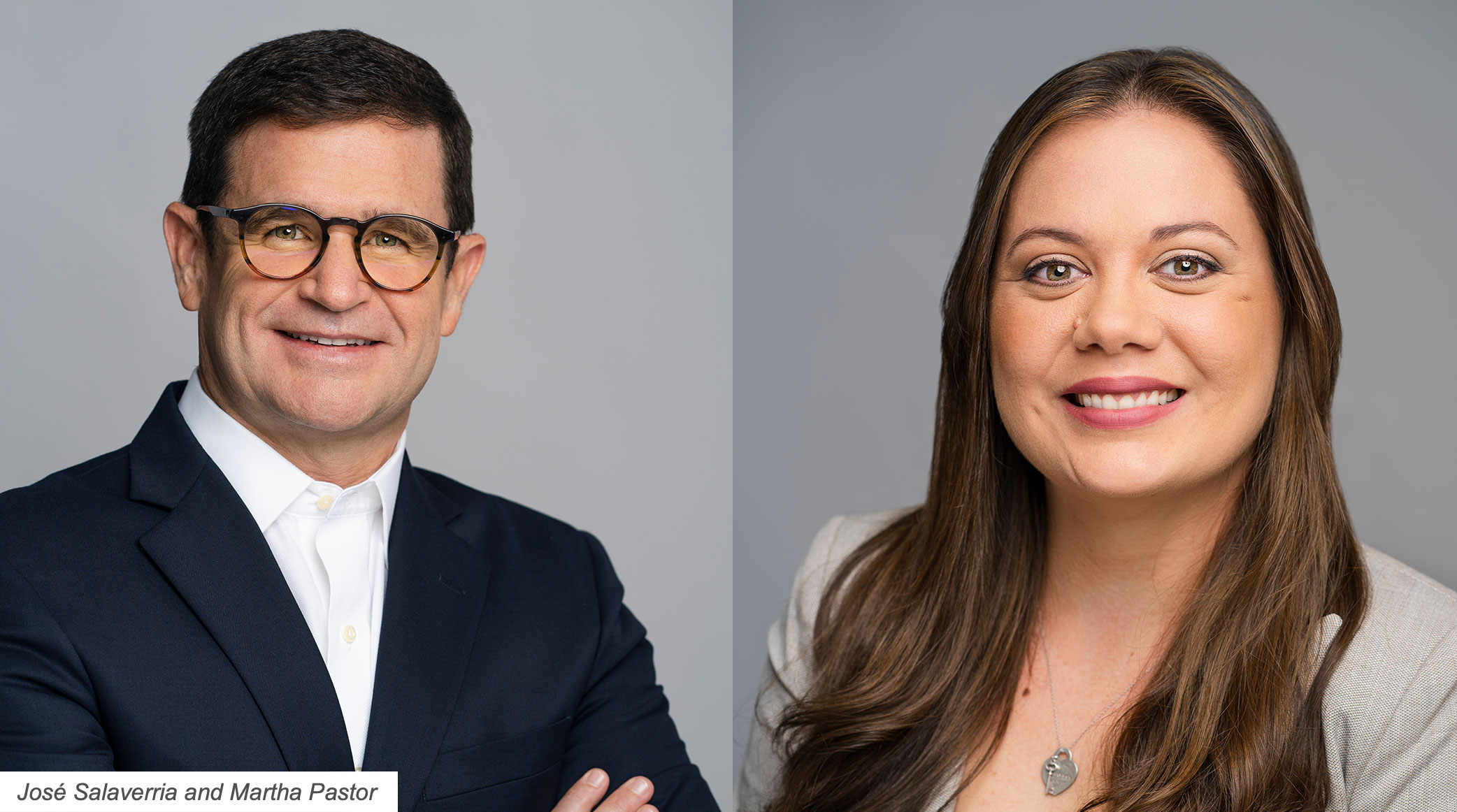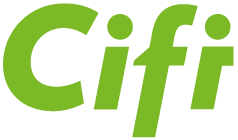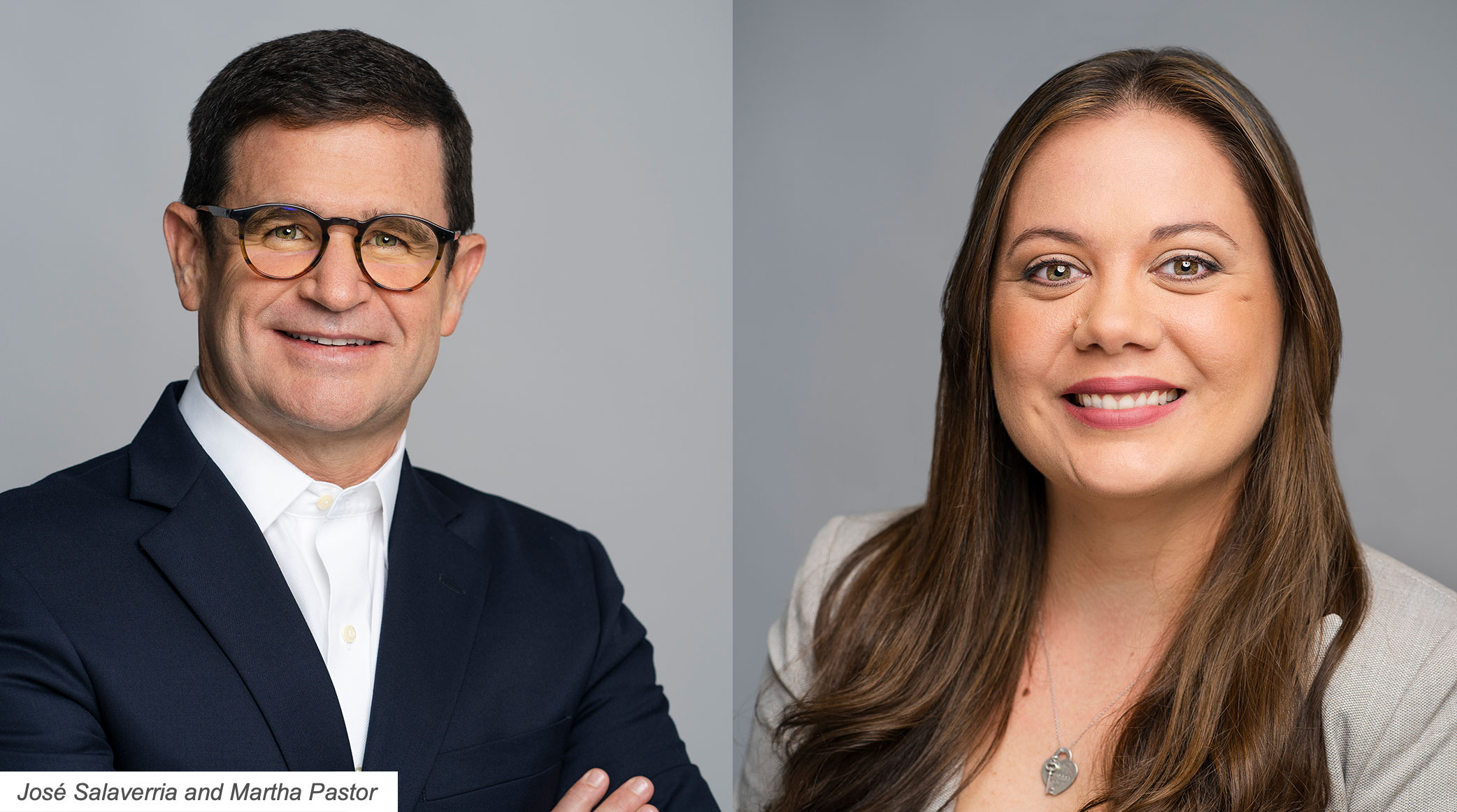 <
Amid the proliferation of sustainable financings in Latin America, LACCA speaks to the legal team at Panama-based lenderCorporación Interamericana para el Financiamiento de Infraestructura (CIFI) about the challenges and legal work behind theirrecent structuring of a US$300 million sustainable infrastructure debt fund.
CIFI structured the fund in July, yet another example of how Latin American lenders are looking to reach ESG objectives throughtheir investment portfolios.
“This experience taught us that there is a great appetite from regional institutional investors to participate in this type ofinvestment structures, where they can invest safely whilst diversifying their portfolio,” says Martha Pastor, senior corporateattorney at CIFI.
As part of the structuring, CIFI raised an initial US$138 million through capital investments from Norwegian development bankNorfund, Panamanian bank Prival and Dutch investor Triodos Groenfunds, among other funds.
In addition to that capital investment, the new fund obtained a US$75 million long-term debt facility from several Europeandevelopment banks, including Germany’s DEG, Finnfund, Austrian fund OeEB and French lender Proparco.
<
Amid the proliferation of sustainable financings in Latin America, LACCA speaks to the legal team at Panama-based lenderCorporación Interamericana para el Financiamiento de Infraestructura (CIFI) about the challenges and legal work behind theirrecent structuring of a US$300 million sustainable infrastructure debt fund.
CIFI structured the fund in July, yet another example of how Latin American lenders are looking to reach ESG objectives throughtheir investment portfolios.
“This experience taught us that there is a great appetite from regional institutional investors to participate in this type ofinvestment structures, where they can invest safely whilst diversifying their portfolio,” says Martha Pastor, senior corporateattorney at CIFI.
As part of the structuring, CIFI raised an initial US$138 million through capital investments from Norwegian development bankNorfund, Panamanian bank Prival and Dutch investor Triodos Groenfunds, among other funds.
In addition to that capital investment, the new fund obtained a US$75 million long-term debt facility from several Europeandevelopment banks, including Germany’s DEG, Finnfund, Austrian fund OeEB and French lender Proparco.
A green outlook
CIFI will use the sustainable infrastructure debt vehicle to fund projects in Latin America’s renewable energy, sustainabletourism, health, education, logistics and telecoms sectors.
“The fund will invest in projects aligned with the Paris Agreement and the United Nations Sustainable Development Goals,channelling funds and the highest sustainable standards to the regional infrastructure middle market, thereby generatingpositive social and environmental impact across Latin America,” clarifies Pastor.
Establishing the parameters for the fund, its purpose and value were important initial steps for CIFI. For the last 15 years, thePanama City-based lender has mainly funded sustainable projects, particularly in Latin America’s booming renewables sector.Indeed, CIFI has disbursed more than US$1.8 billion to more than 200 projects across Latin America.
“Five years ago, CIFI made the strategic decision to become an asset manager to mobilise even more funds,” explains JavierEscorriola, managing partner of CIFI’s asset management division. The newly structured sustainable infrastructure debt fund iskey to this strategic objective, notes Escorriola, explaining that it allows CIFI to become “the bridge between the institutionalinvestor and the actual projects in the region.”
Assembling the right team
Structuring the fund did not come without its challenges and the multijurisdictional nature of the deal – spanning five countries– created significant hurdles for CIFI’s legal department.
Pastor explains that the different local regulatory frameworks caused issues for the capital investment structures. “In somecases, investors were not able to participate due to regulatory issues,” she points out. Meanwhile, in other jurisdictions,“sophisticated, tailor-made legal structures were needed so that investors could participate,” Pastor says.
To fill the gaps, CIFI needed external counsel who could provide the experience and legal expertise required to overcome thesechallenges.
“We were able to engage the firms that would best adapt to our needs in a cost-effective manner and that had the experiencethat was required for this type of transaction, such as fund formation, corporate, investment and regulatory matters,” explainsCIFI GC José Salaverria.
US firm Hunton Andrews Kurth LLP, Canada’s Stikeman Elliott LLP, Alta Batalla in San José, Panama’s Arias, Fábrega & Fábregaand offshore outfit Carey Olsen advised CIFI on the fund structuring and capital investments.
CIFI required counsel from several jurisdictions for the deal. “The fund was incorporated in Ontario, Canada, while CIFI’s generalpartner is a Cayman Islands group. Additionally, some of CIFI’s Panamanian subsidiaries were also involved, which is whereARIFA comes in,” says Salaverria.
Choosing external counsel who had particular experience in fund structuring was salient to CIFI’s in-house legal team. “CIFI hasworked with Alta for many years and benefitted greatly from its experience in fund-related structures in Latin America targetingregional and international investors,” adds Salaverria.
Together with the lawyers and expertise of the five law firms, CIFI’s legal team overcame the regulatory hurdles andsuccessfully launched the fund.
“From a legal team standpoint, we consider this to be a success story,” concludes CIFI’s GC Salaverria.
Lily Squires
Author | Senior News Reporter
Lily.Squires@latinlawyer.com
Latin Lawyer




